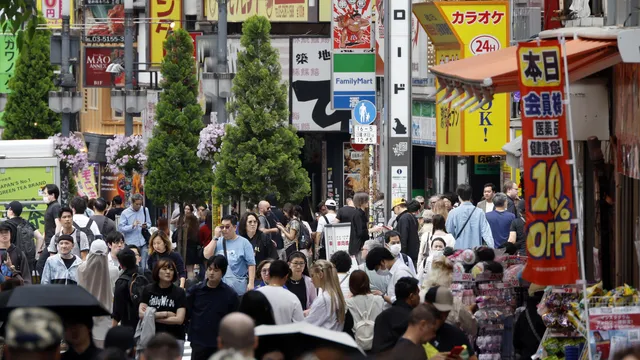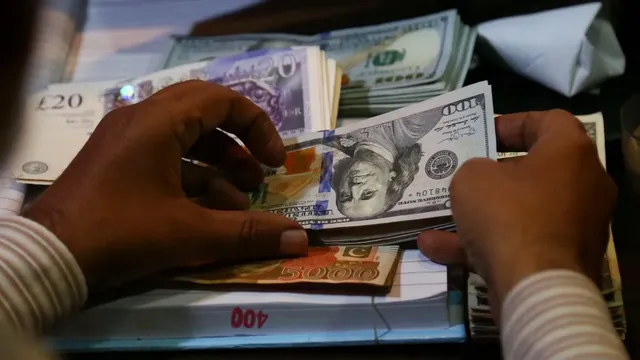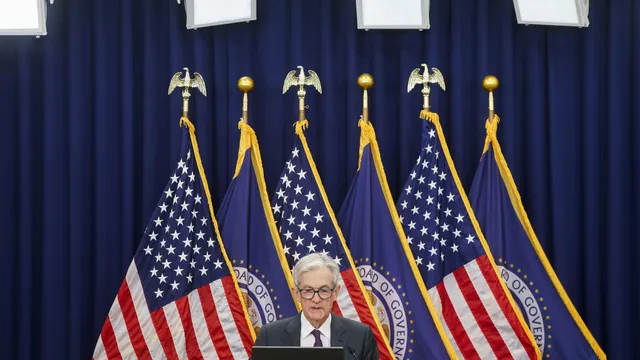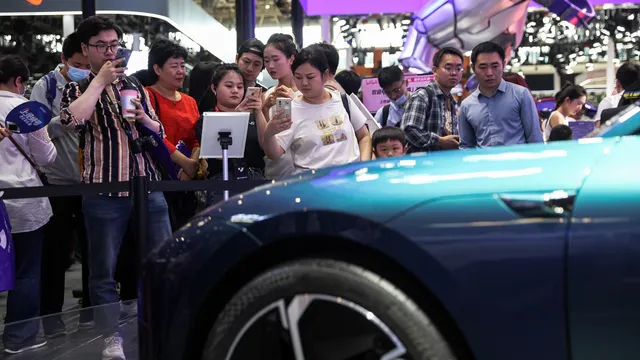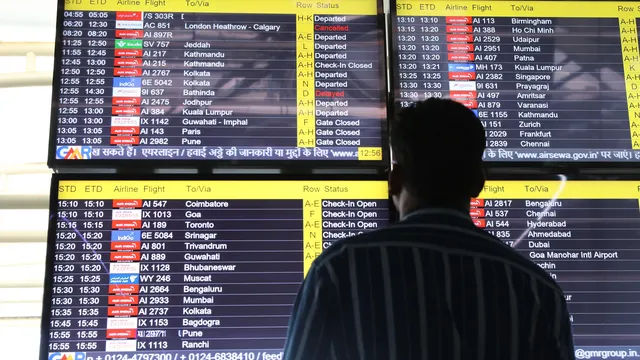Core inflation in Japan accelerated to 3.7% in May, according to official data. This poses a threat to Prime Minister Shigeru Ishiba's leadership ahead of the July elections.
Rice prices were more than twice as high as a year ago, even though the government released its emergency reserves of the staple grain, AFP reported.
Disappointment over inflation threatens to deal a blow to Ishiba's ruling Liberal Democratic Party (LDP) next month when elections for the upper house of parliament are due.
The data, which excludes volatile fresh food prices, exceeded market expectations and marked a 3.5% year-on-year increase compared to April.
Prices for a range of food items, including non-perishable goods ranging from coffee to chocolate, rose.
Electricity bills rose 11.3%, while gas fees rose 5.4%.
Ishiba promised to distribute 20,000 yen ($139) to every citizen — double that amount for children — to help households cope with inflation ahead of the July elections.
The election is crucial for Ishiba, as public support for his government has fallen to its lowest level since he took office in October. Observers say this is partly due to the surge in inflation and rising rice prices.
Rice shortages caused by supply difficulties led to a 101% increase in the price of the grain in May, compared with a 98% increase in April.
In February, the government began releasing reserves in an attempt to lower prices — something it had previously only done during disasters.
A number of factors are behind the rice shortage, including an extremely hot and dry summer two years ago that destroyed crops across the country.
Since then, some traders have been stockpiling rice to increase their profits in the future, experts say.
The problem was exacerbated by panic buying last year, triggered by a government warning of a potential “mega-earthquake” that never happened.
In the future, US tariffs are expected to put pressure on Japanese companies. Economists are predicting a slowdown in the economy.
Escalating clashes between Iran and Israel have also contributed to rising energy prices, posing an additional risk to the Japanese economy.
Earlier this week, the Bank of Japan kept interest rates unchanged and said it would slow the pace of government bond purchases as trade uncertainty threatens to put pressure on the world's fourth-largest economy. | BGNES

 Breaking news
Breaking news
 Europe
Europe
 Bulgaria
Bulgaria
